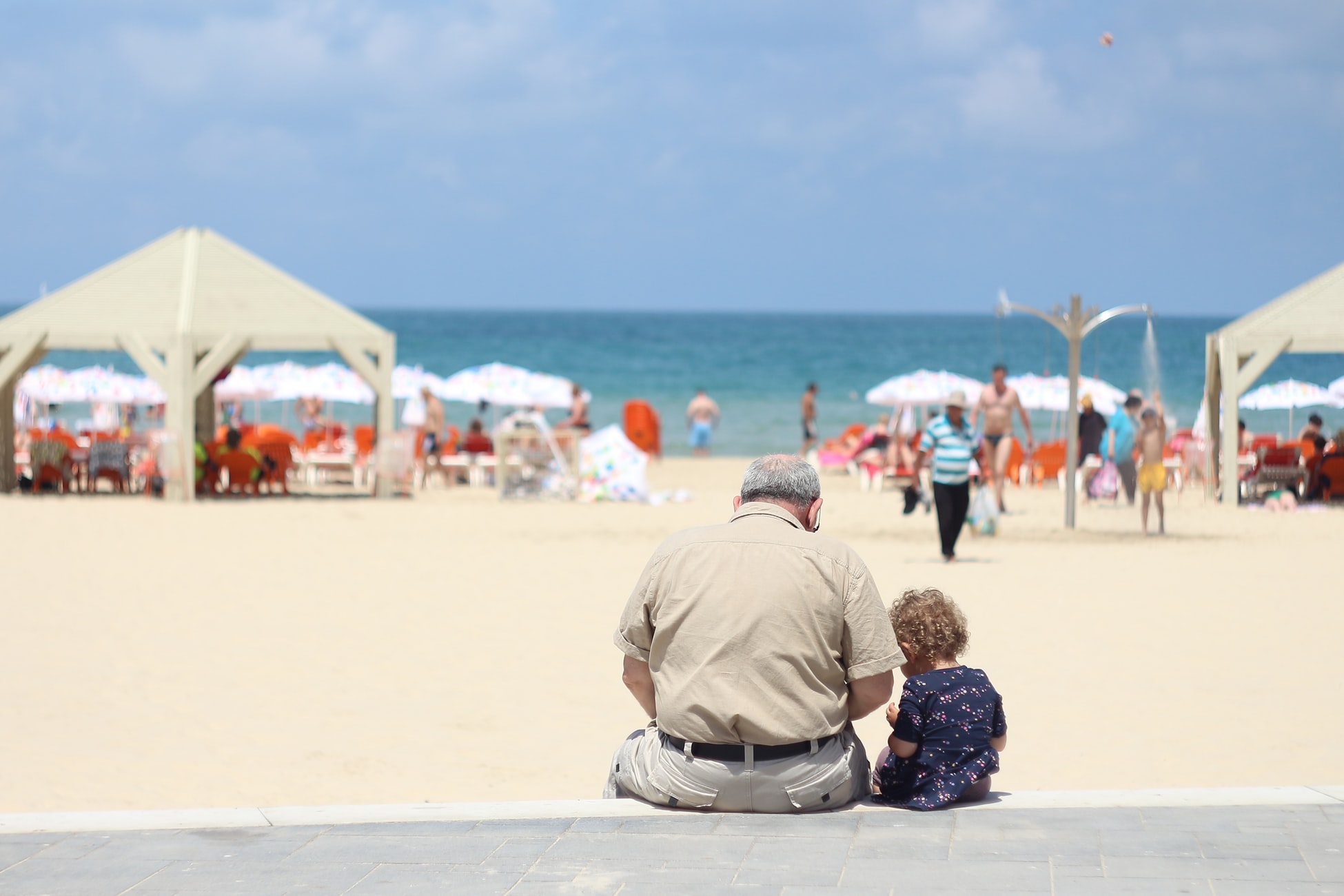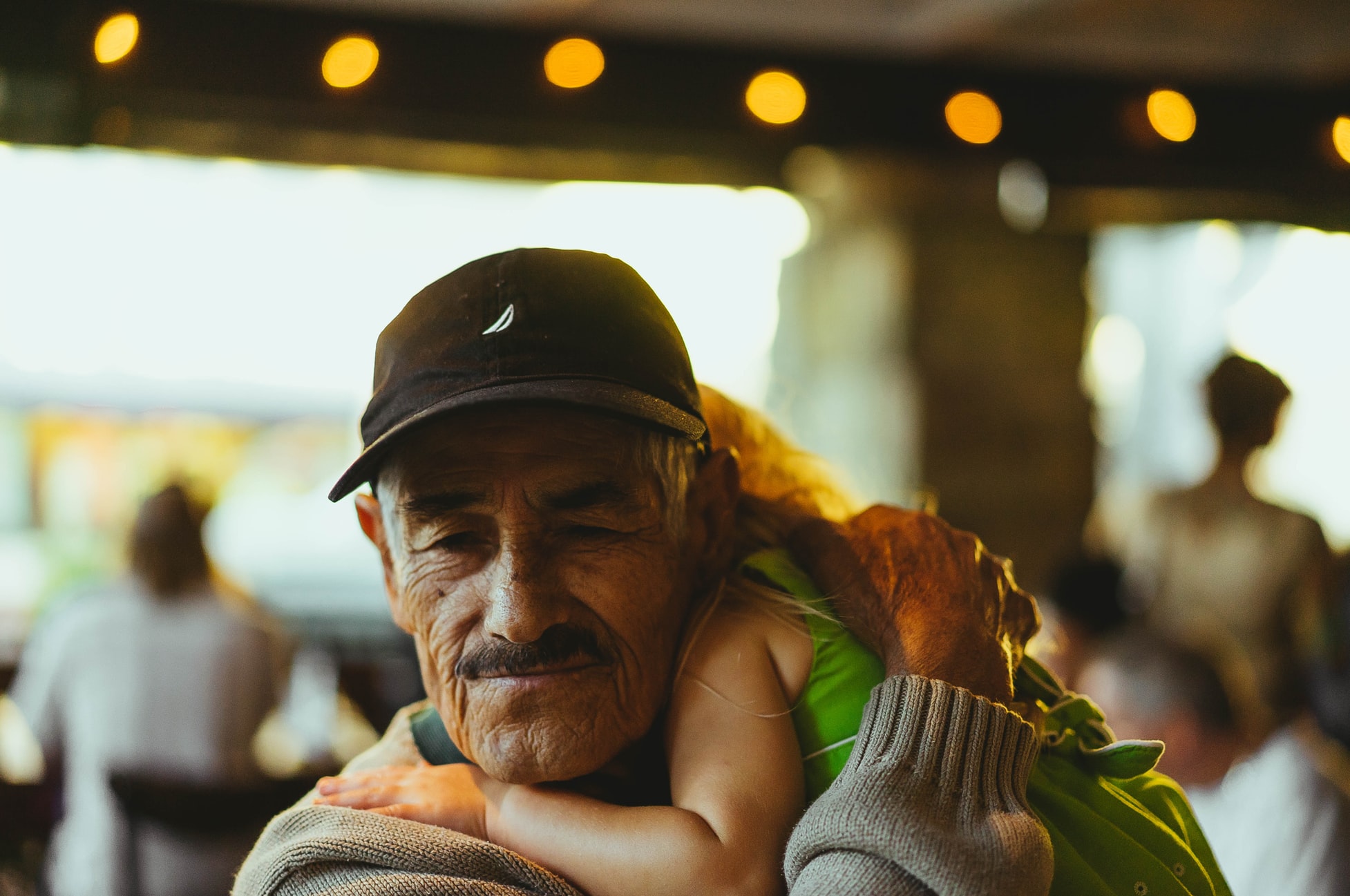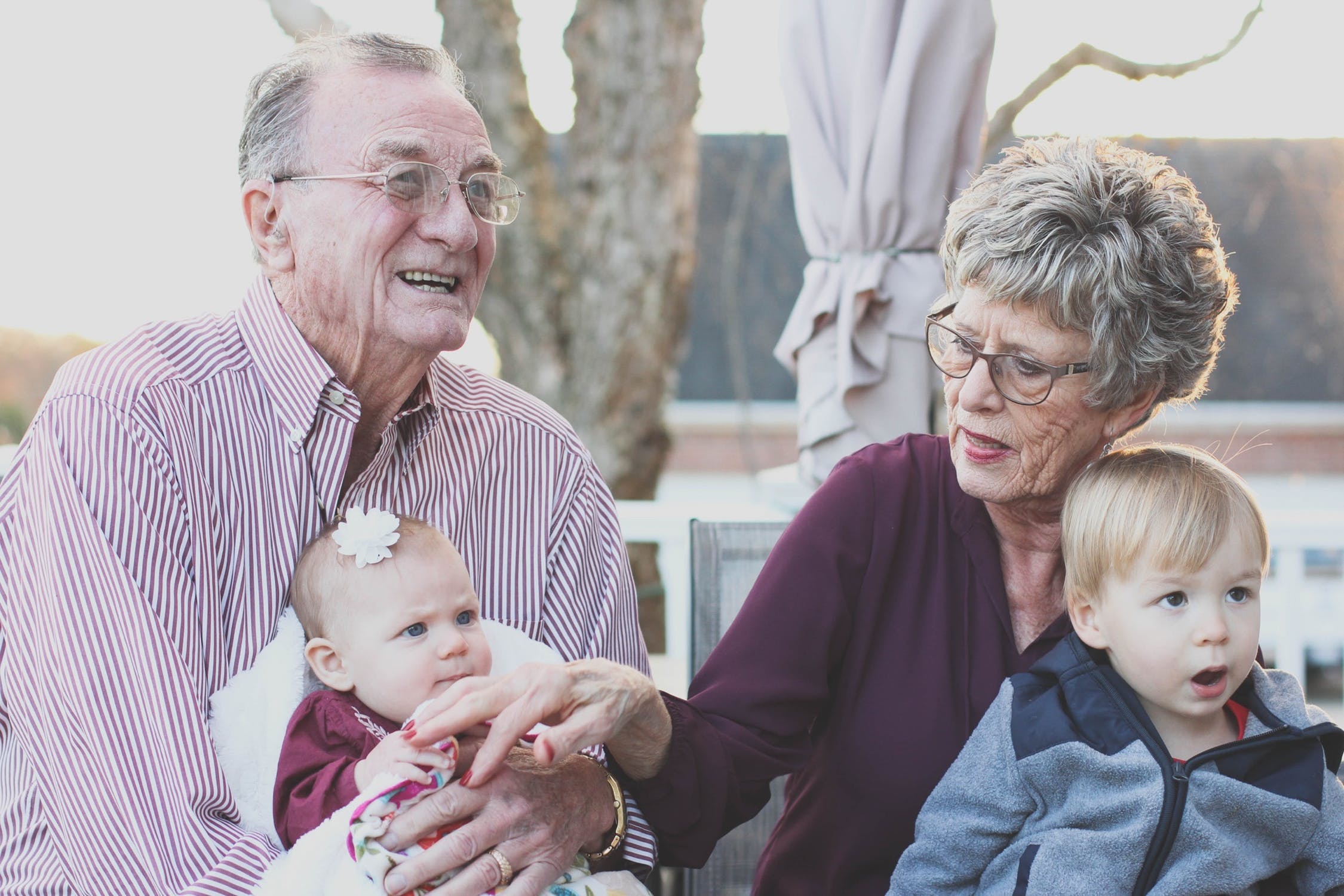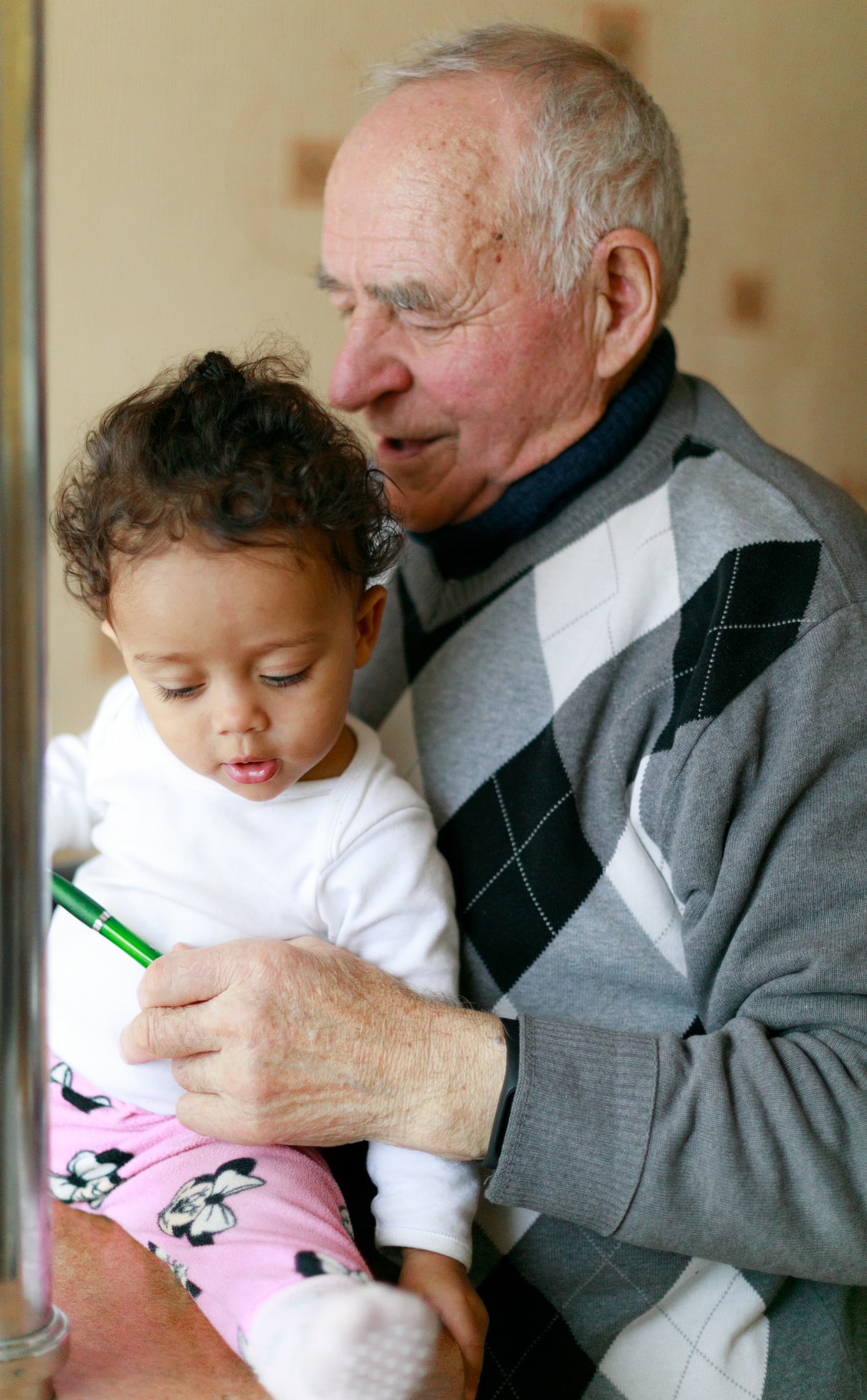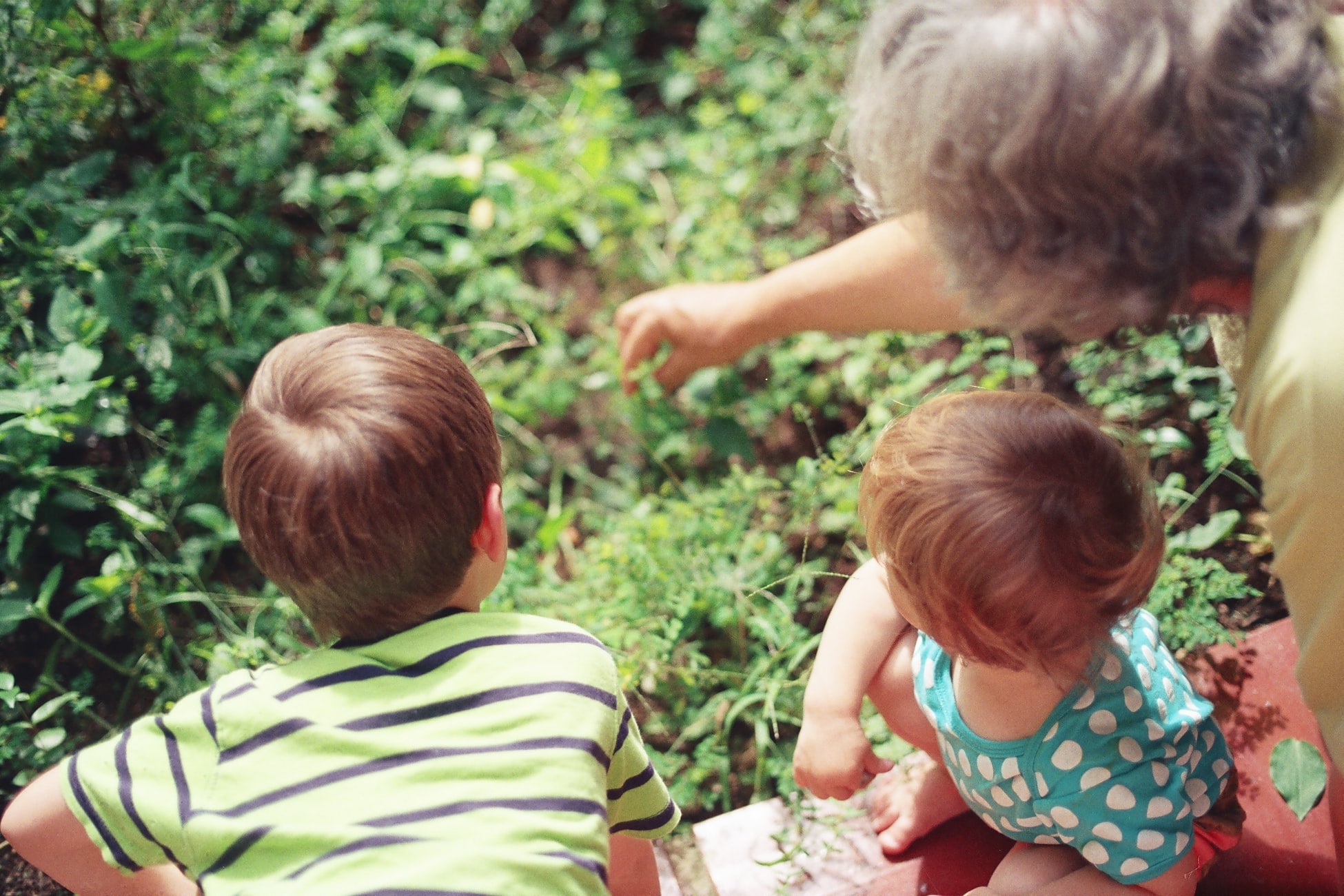
- Inspiring People -
- 4mins -
- 633 views
Grandparents who babysit their grandkids ‘tend to live longer’ study shows
According to research, grandparents who help watch their grandkids or who provide support to others may actually live longer than other seniors.
Grandparents Who Babysit (Occasionally) May Live Longer
Grandparents who help out with childcare from time to time, or provide support to others in their community, tend to live longer than seniors who do not care for other people, according to a study from Berlin, Germany. While having full-time custody of grandchildren can have a negative effect on the health of older people, occasional helping can be beneficial for seniors, the researchers say.
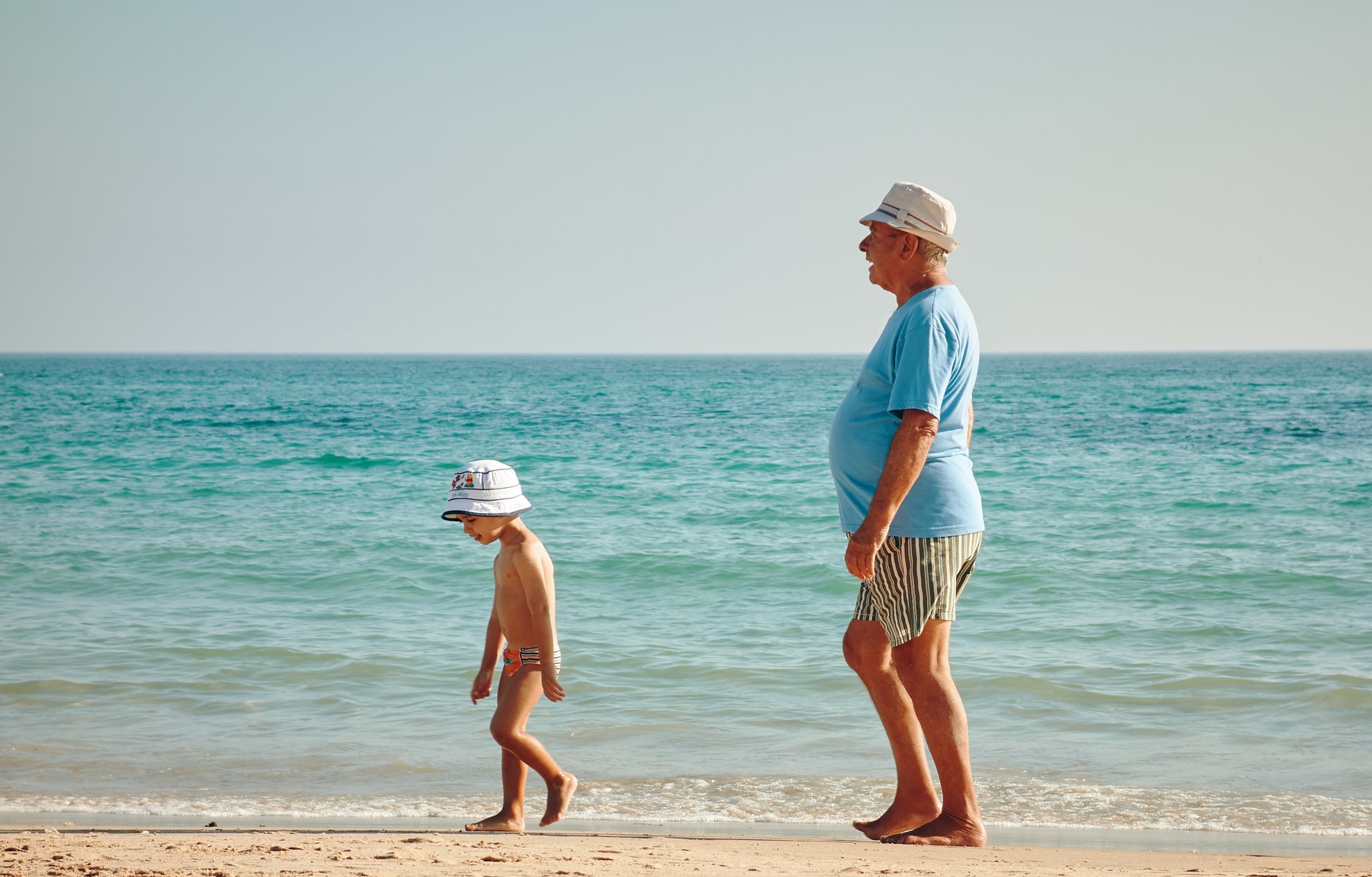
Grandparents who help care for grandkids live longer than other seniors
Grandparents who sometimes help out with childcare or provide support to others in their community tend to live longer than seniors who do not care for other people, according to a study from Berlin, Germany.
While having full-time custody of grandchildren can have a negative effect on the health of older people, occasional helping can be beneficial for seniors, the researchers wrote in the journal Evolution and Human Behavior.
“Having no contact with grandchildren at all can negatively impact the health of grandparents,” lead author Sonja Hilbrand, doctoral student in the department of psychology at the University of Basel in Switzerland, told Reuters Health.
“This link could be a mechanism deeply rooted in our evolutionary past when help with childcare was crucial for the survival of the human species,” Hilbrand said.
The findings were drawn from data on more than 500 people over age 70 in the Berlin Aging Study. The participants completed interviews and medical tests every two years between 1990 and 2009.
The researchers did not include any grandparents who were the primary caregivers for their grandchildren, only those who cared for grandchildren occasionally.
The study team compared this group with seniors who provided support for non-family members, such as friends or neighbours, and seniors who did not provide any care to other people.
Overall, after accounting for grandparents’ age and general state of health, the risk of dying over a 20-year period was one-third lower for grandparents who cared for their grandchildren, compared with grandparents who did not provide any childcare.
Half of the grandparents who cared for grandchildren were still alive ten years after the initial interview. The same was true for participants who did not have grandchildren but supported their adult children in some way, such as helping with housework.
In contrast, about half of the participants who did not help others died within five years of the start of the study.
Caregiving was linked with longer life even when the care recipient wasn’t a relative. Half of all childless seniors who provided support to friends or neighbours lived for seven years after the study began, whereas non-helpers lived for four years on average.
Source: Reuters
